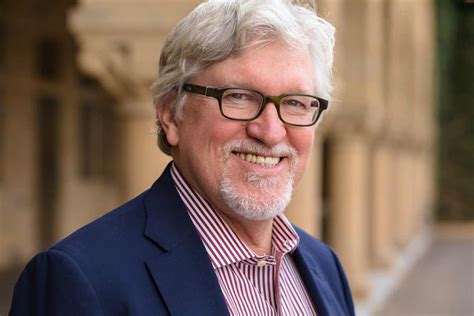A Quote by Dale J. Stephens
I would have taken the time to learn how to listen earlier. Learning about non-violent communication and how to take feedback has been integral to both my personal happiness and professional success.
Related Quotes
My mistakes made were learning how to work with different groups of people. I mean, I went to school at Berkeley, which is a pretty diverse group, but working in a professional setting, I hadn't really done that before and learning about office politics, learning about interactions between different people and I made a lot of mistakes there during my time as a young person. I was 19 or 20 at the time. So, I would say those were my biggest career mistakes, but fortunately they were made in the context of an engineering co-op program and not in a professional field.
To me, the newspaper business was a way to learn about life and how things worked in the real world and how people spoke. You learn all the skills - you learn to listen, you learn to take notes - everything you use later as a novelist was valuable training in the newspaper world. But I always wanted to write novels.
There is nothing more important to our survival, nothing more dignified than learning how to take care of others, how to serve and teach people with kindness and openness. Mothers are experts in these fields. I hope people can learn to listen to them, learn to be like them and acknowledge the wisdom there before it is too late. I hope people can learn how to serve others.
One Dilbert Blog reader noted that current research shows that happiness causes success more than success causes happiness. That makes sense to me. There's plenty of research about people having a baseline of happiness that doesn't vary much with circumstances. And given that happy people are typically optimistic, energetic, and fun to work with, I can see how happiness would lead to success.
I'm learning a lot how to be good at what I do and also how lucky I am and take it all in and be grateful for all this late in life success I've been having and it's good to have people that have been around and successful for awhile and work with them and see how they behave and it's why they are who they are and why they're still successful.
I've made game-winners, I've missed game-winners. I've pitched shutouts, and I've given up 10 runs. You just deal with the experiences and learn how to get over the bad outings and learn from them, so they don't occur time and time again. You take what you did right from the good games and turn those into, 'How do I repeat that success?'































